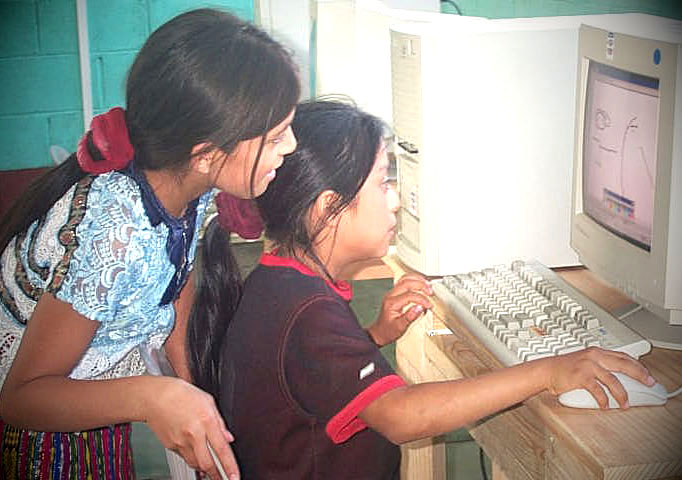Statement of Capabilities
Since 1999, WSF has developed a solid set of audio and multimedia services that responds to the communication and development needs cited by grassroots NGOs and community groups dedicated to social development and educational issues in developing parts of the world. WSF launched its work in Africa and is building on this experience to develop and launch relevant services in the Asia-Pacific and Latin America/Caribbean regions.
To date, WSF has demonstrated the following capabilities.
- Reliable access to relevant and practical information.
The greatest need cited by African NGOs and grassroots groups is reliable and easy access to information. Through its audio and multimedia programs, WSF collects the most relevant knowledge on social development issues and presents it in one continuous and cohesive package. In its own unique way, the WorldSpace audio and multimedia channels serve as a "social development search engine" focused specifically on the particular needs of developing countries. - Ubiquitous distribution of NGO programming.
Groups that develop audio programs on an Africa-wide level are continuously expressing interest in using WSF's flagship "first-voice" audio channel, the Africa Learning Channel (ALC), for broadcast, given the WorldSpace technology's capacity for continent-wide coverage. - Efficient, cost-effective and reliable method of transmitting large documents.
Many of the NGOs attracted to the WorldSpace system were involved in projects that utilized the Internet for transmitting information, but sought-out WSF to supplement their web-based content distribution. For example, WSF's climate information service partner, ACMAD, initially used the Internet to transmit the charts, maps and graphs to national meteorological services and agricultural extension workers. However, the recipients found that high Internet Service Provider (ISP) fees throughout Africa made it prohibitively expensive to download the heavy files. ACMAD now broadcasts this same information posted on a web site through WSF's Multimedia Service as a way to efficiently, cost-effectively and reliably download charts and graphs on predicted rainfall patterns, fire danger zones and heat indexes. - Technology to empower local communities.
The WorldSpace technology can also be used to empower local communities. For example, WSF, working with UNICEF, has provided receivers and multimedia adapter cards to communities in Southern Sudan. These communities have been cut off from any form of communication due to the on-going war in their country. UNICEF installed the equipment in community centers, which serve a variety of groups, from medical health practitioners and women's organizations to teachers to extension workers. These centers work with local schools to play audio programming from the Africa Learning Channel in classrooms during the day. The centers also download material from the foundation's multimedia service, such as training materials for local community extension workers and the latest medical health research for local health clinics. Perhaps even more important than the content itself is the empowerment that comes with the successful use of new technology. On a trip to Sudan coordinated by UNICEF, community leaders told WSF staff that this technology was "a gift from God". Utilizing a state of the art technology providing social development information will now allow these war-torn communities to come into the 21st Century and re-connect with the

